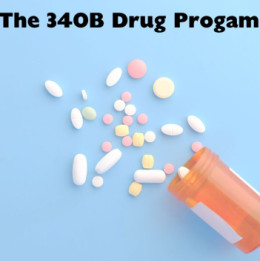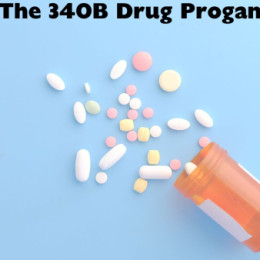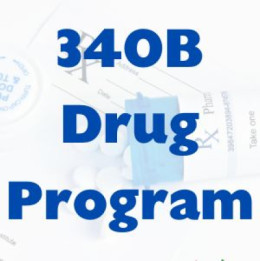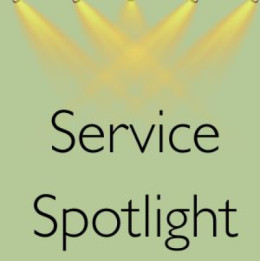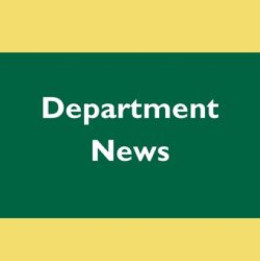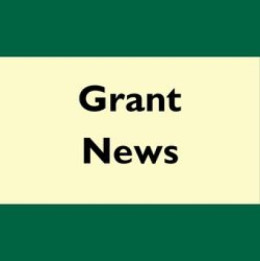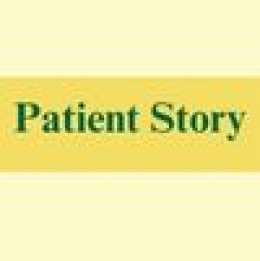CHCS adds oncology to specialty clinic offerings
July 8, 2022
Categories: News, Provider story
Starting in late summer, patients will be able to see an oncologist at Community HealthCare System in Onaga. Dr. Adrian Caracioni from The University of Kansas Cancer Center at St. Francis Campus will see patients one day a month in Onaga starting in early September.
Dr. Caracioni (pronounced ka-ROCH-e-oh-nee) has practiced for more than 25 years and treats patients with blood disorders such as anemia or hemophilia as well as blood cancers and other cancers in patients age 16 and over.
Merica...
CHCS now offers 3D mammography
March 8, 2022
Categories: News
CHCS has installed FUJIFILM Healthcare Americas Corporation’s ASPIRE Cristalle digital mammography solution at Onaga Community Hospital.
The ASPIRE Cristalle is an advanced mammography system that features Digital Breast Tomosynthesis (DBT), a state-of-the-art form of breast imaging that uses a low dose x-ray system to create three-dimensional images. Onaga Community Hospital radiologists can use 3D imaging to better visualize lesions that can be obscured in breast tissue,...
Patient says colonoscopy 'gives you peace of mind'
March 15, 2021
Categories: News, Patient story
Colorectal cancer is the second leading cause of cancer death among men and women in the United States, and 25 to 30% of colorectal cancer patients have a family history of the disease according to FightCRC.
That was enough to convince Gary Sorensen, a patient of Dr. David Allen at Community HealthCare System, to start getting regular colonoscopies when he was in his late 40s.
“My dad had colon cancer, and it was detected in his 50s. My dad’s brother and his father...
Catch up on colorectal cancer screening at CHCS
February 19, 2021
Categories: Catch Up On Care
As COVID‐19 dominated our lives and the news headlines, many people delayed important screenings. March is Colorectal Cancer Awareness Month, so it’s the perfect time to catch up on care you or your loved ones may have missed in 2020.
Research predicts that delays in colorectal cancer screenings during the COVID‐19 pandemic will result in a 12% increase in cancer deaths in the next five years. The good news is colorectal cancer is highly treatable if it’s caught early,...
Screening can prevent colorectal cancer
March 2, 2020
Categories: Community health news
Colorectal cancer is the fourth-leading cause of new cancer diagnosis and third-leading cause of cancer-related deaths according to the National Cancer Institute. About 4% of men and women will be diagnosed with colorectal cancer.
March is Colorectal Cancer Awareness Month, so it’s a great time to consider your colorectal cancer risk and options for screening.
“Fortunately, screening for colorectal cancer can identify early-stage cancer that...
Lung cancer prevention: Should you be screened?
November 18, 2019
Categories: Community health news
The National Cancer Institute recognizes lung cancer as the leading cause of cancer death. In the United States, lung cancer follows only skin cancer as the most common type of cancer.
Many people don’t realize that lung cancer screening is available.
Like any screening, lung cancer screening aims to find the disease early, when treatment may be more effective. Dr. Greg Welle, director of radiology at Community HealthCare System and Manhattan Radiology, said low-dose...
The battle against breast cancer
October 24, 2019
Categories: Provider story
By Dr. David Cancelada: As I look back over my 30 years as a physician and surgeon, I am amazed at the advancements in medicine and science in the fight against cancer, particularly breast cancer. We are truly a blessed country with the best healthcare available on the planet. When I began my training back in the 1980s, breast cancer was one of many dreaded cancers that left women severely disabled, disfigured, and with little hope to live more than 5 to 10 years from the time of their diagnosis....
"A mammogram saved my life"
September 27, 2019
Categories: Patient story
Karen Elliott was not supposed to get breast cancer. She was not genetically predisposed and had only a 3 percent chance. But a routine mammogram in June 2007 found evidence of breast cancer.
Luckily, her cancer had not advanced past her lymph nodes. After a partial mastectomy, chemotherapy, and radiation, Karen looks back years later and is thankful that she took time for cancer screening.
“If I hadn’t had a mammogram, I don’t know how bad it would have been...








